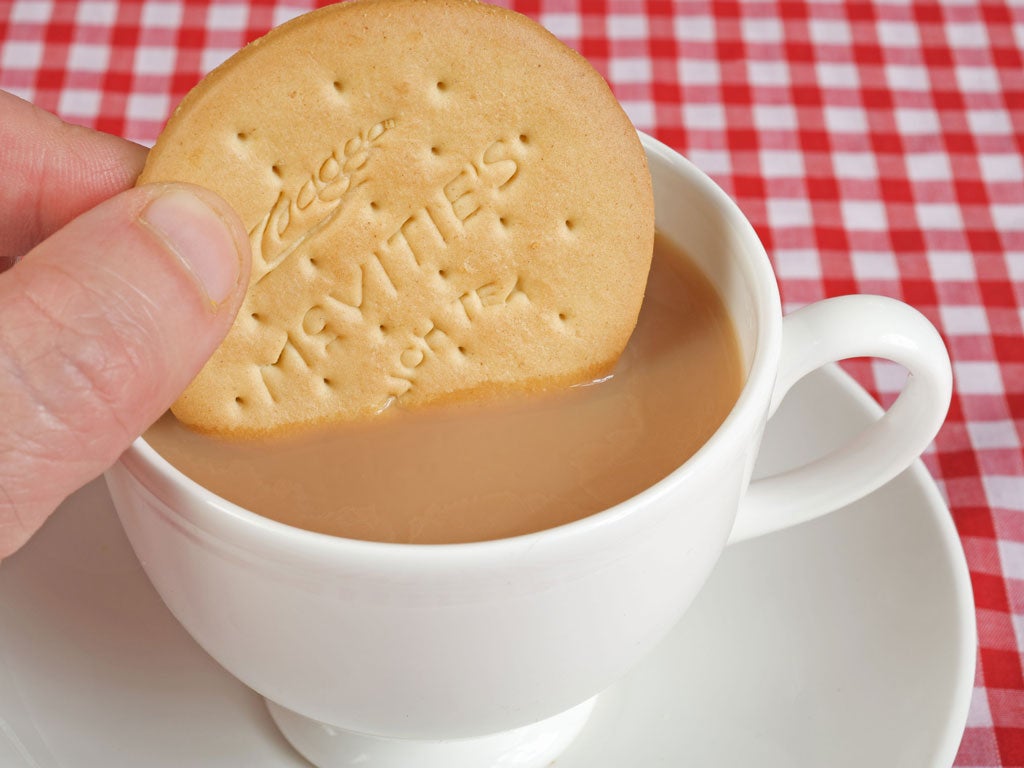Lisa Markwell: At last, the reason why it's so hard to break bad habits
FreeView from the editors at i

Because reading other magazines and newspapers is part of my job, it's not often that I do more than scan pages, noting down stuff that might be useful to me professionally. But a feature from last Sunday's New York Times magazine stopped me in my tracks; I've been quoting it and imploring friends and colleagues to read it all week.
The piece in question is all about marketing, and how the US retail giant Target has such sophisticated methods of gleaning information about its customers, it managed to send promotional vouchers to a young girl for pregnancy products before she'd even told her family she was expecting. Chilling.
What is particularly fascinating – beyond the gasp factor of the store's methods – is a detailed analysis of our habits: why we do what we do.
If you've ever wondered, like me, why you can't seem to stop your afternoon biscuit habit, or why you keep buying limescale remover even though you've got five bottles at home, or why you interrupt whatever you're doing for the ping of a text message, wonder no more. This article, by Charles Duhigg, explains the process that forms our habits. It also explains why it's so hard to break those habits.
Duhigg details how he broke his own confectionery habit, but it wasn't easy. We have a hard-wired system of "cue, routine, reward" that applies to much of our behaviour.
Think about it: in positive terms, you put on your nightie (cue), you brush your teeth (routine) and then you go to bed feeling virtuous (reward). That's a good habit.
In negative terms, you hear your incoming email chime and you stop doing that (up til then) important task to look at it, even though there's a strong chance it'll be spam. The sound is a cue too strong to resist, even though the reward is negligible at best. Oh dear, I'm definitely hooked on that habit.
Turning off alerts, forcing yourself to walk a different route that doesn't pass the extortionate coffee shop, not rising to the teenage slammed-door challenge... it's all possible with practice. I intend to lose the stubborn half-stone and save the elusive £20 I seem to waste every week in the supermarket by starting on a different aisle and not buying anything that's at eye-level (the most expensive and heavily promoted).
Duhigg has now written a book on the subject of habits and how to change them (to be published by William Heinemann in April), but if you can't wait until then to fix your frustrating failings, go here. Prepare to have your eyes opened.
Follow @lisamarkwell

Join our commenting forum
Join thought-provoking conversations, follow other Independent readers and see their replies